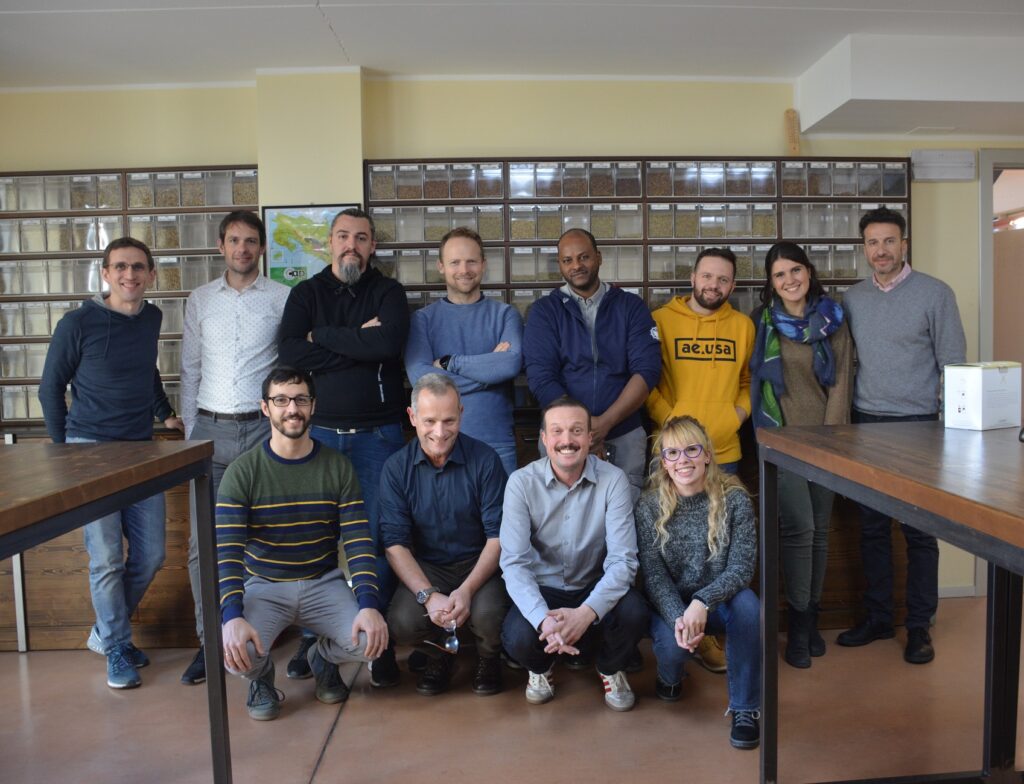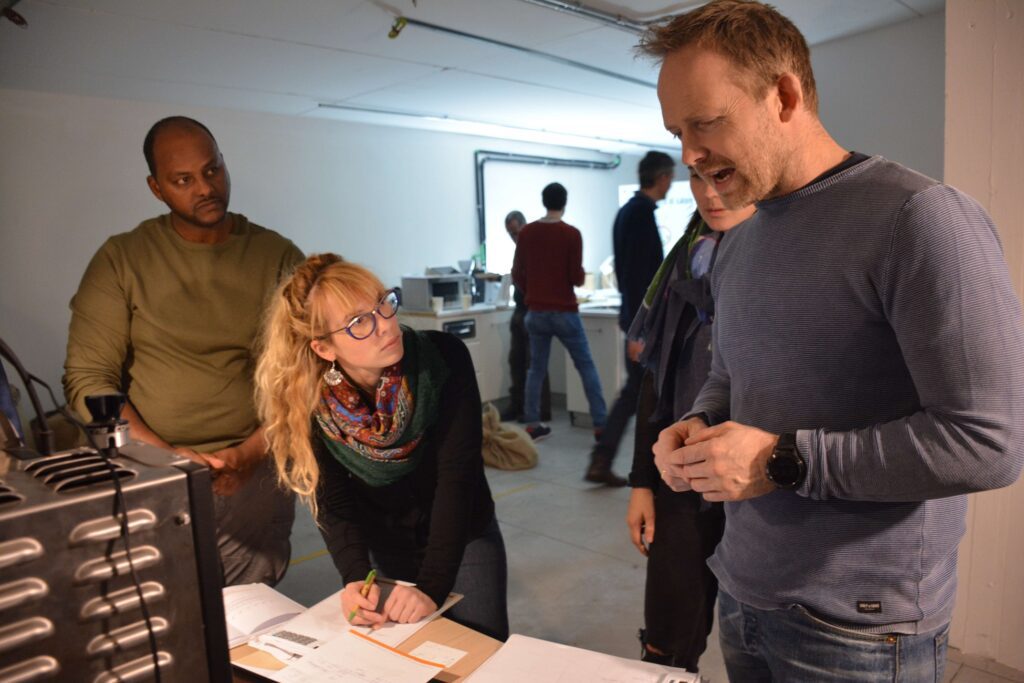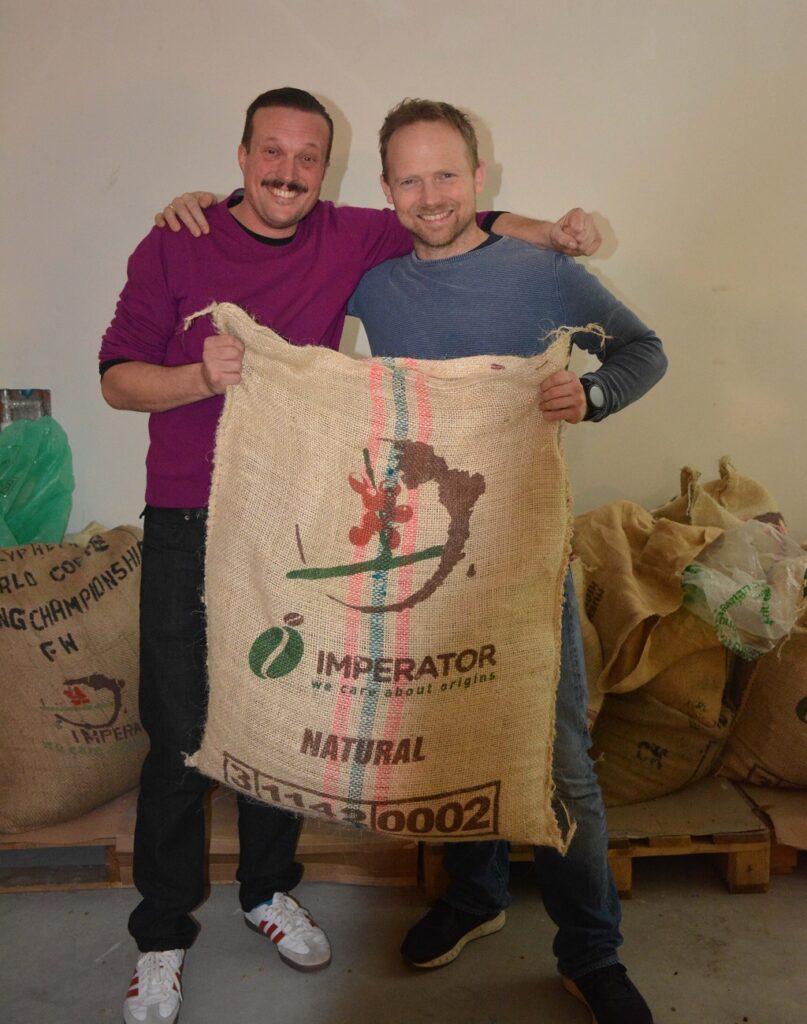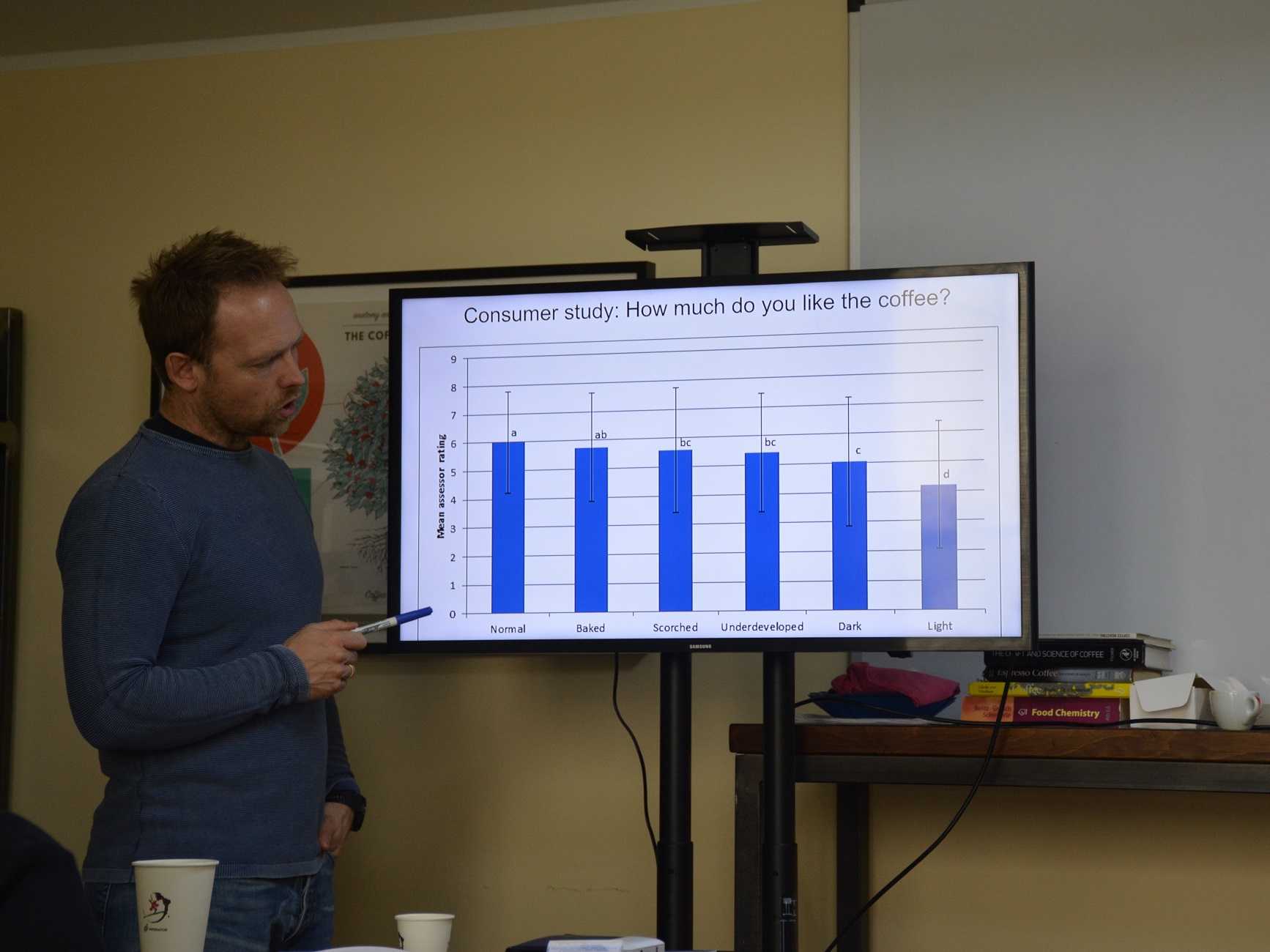TRIESTE, Italy – From February 13th to 15th, the green coffee trader Imperator played host to the international roasting expert Morten Münchow at its training facility, Bloom Coffee School, for three days of advanced training dedicated to coffee science, roasting and sensory analysis.
On the first day, 12 students from all over the world attended a lesson on the scientific exploration of coffee, based on important researches performed at CoffeeMind, the Coffee Academy founded by Münchow.
Morten Münchow, creator of the SCA Certification System for Coffee Roasting, has been developing training programs for specialty coffee companies since 2007, with the aim of integrating the scientific method with business objectives.
“I want to use my research to offer companies systematic training that starts from the basics”, says Münchow. “Only by employing a scientific method you can identify and focus on key aspects, without losing sight on the needs of the consumer. In the specialty world, unlike the commercial one, coffee presents an element of challenge”.
In his research entitled “Quality does not sell itself”, the Danish consultant explains how important it is for a company to find a compromise between creating an innovative product and responding to consumer preferences. “It’s the very principle of design”, continues Münchow. “The consumer must receive an innovative experience, while always feeling a sense of familiarity with the product. If it’s too new, it may cause alarm; if too familiar, boredom”.

In fact, he has been carrying out a research project for some years with the aim of exploring the dynamics of business in relation to roasting standards in order to be able to provide truly professional models to roasters throughout the world. In conjunction with this work, the Münchow Academy is focusing on the study of organic acids and the possibility of discriminating between them during sensory analysis.
On the second day, the students moved to the roasting area of the school to apply what they had learnt the day before about the two variables that have the greatest effect in the cup: roasting time and colour. The workshop focused on the fundamental steps required for a correct quality control, management and on developing the ability to achieve a consistent level of roasting through different profile curves.
Students were allowed to choose the most suitable machine for their working methods during the roasting phase. The roasting room contains five different roasting machines with a wide variety of technologies for heating coffee beans, some operating largely by conduction, others primarily by convection. One machine is automatic, simulating an industrial roasting plant and using the same software, while other manual machines are available for small-scale roasters.

The final day of the Masterclass focused on sensory analysis, with the tasting of coffee roasted the previous day. The students worked on specific and precise markers rather than practising classic cupping, which involves personal factors not suitable to scientific analysis. “Roasters need to develop their sensorial skills to the full”, explains Münchow, “in order to know exactly what they are doing and where they are heading, and so to understand the best way to achieve the desired result. This is why we are developing a programme to help roasters concentrate on recognising basic flavours, in preparation for studying more advanced aspects of analysis.”
Pleased with the success of these three days, Alberto Polojac, the Imperator Quality Manager, is already keen to schedule more, and hopes to create a real community with his school at the centre of it. “It was definitely the most important event that the Bloom Coffee School has hosted; the first of a series of Masterclasses on specific themes that we are already organising”, says Polojac. “Going back to basics is fundamental to defining what is important in our work. These things tend to be forgotten over time, which is why it is always wise to run one’s business on scientific principles. Coffee is not an ornament, and its appearance is not all that matters. It’s there to be drunk, and it needs to make an impression in the cup and on the market.”

The Bloom Coffee School has already scheduled a number of courses: https://www.bloom.coffee/en/timetable
There are six days of advanced training from 27 May to 1 June for “Q Grader Arabica” qualification.


















